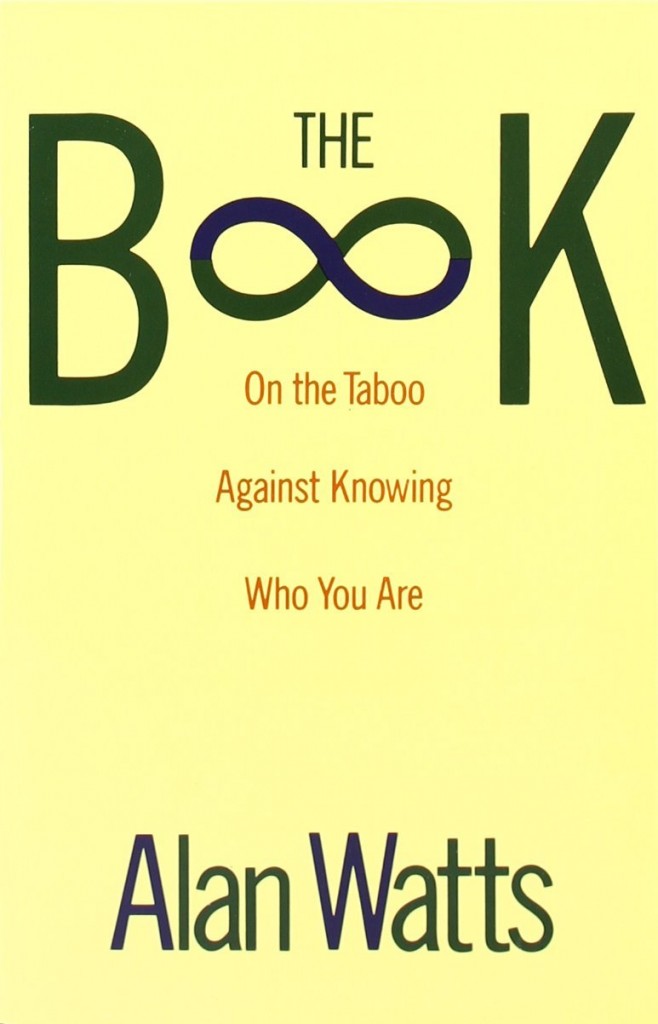 The Book On the Taboo Against Knowing Who You Are is a classic book by Alan Watts. One of the more than 25 books he wrote before he died in 1973. Watts was one of those legendary thinker-types that was probably just a few degrees off from true insanity. Or at least he looked that way. Watts was a philosopher, and theologian, academic and Episcopal minister. He was also one of the first people to suggest that buddhist concepts could be taught as a form of psychotherapy, rather than religion.
The Book On the Taboo Against Knowing Who You Are is a classic book by Alan Watts. One of the more than 25 books he wrote before he died in 1973. Watts was one of those legendary thinker-types that was probably just a few degrees off from true insanity. Or at least he looked that way. Watts was a philosopher, and theologian, academic and Episcopal minister. He was also one of the first people to suggest that buddhist concepts could be taught as a form of psychotherapy, rather than religion.
If you like to read in the world of psychology, you’ll know that this is a fairly common theme these days. In fact, there’s a rather blurry line between writings from the Dalai Lama and Dan Siegel.
I picked up Watt’s book after a stint of business-focused books which were starting to all sound the same. I wanted something that would inspire me to direct some focus and attention inward. Perhaps stir up my mental stew a bit, and hopefully create new questions to answer, and find some fresh inspiration for art and creativity and productivity.
The word Taboo refers to something we don’t talk about. Something that’s there and present, but it’s not acceptable to approach in discussion, or even thought. For a long time, sex was the taboo. You just didn’t talk about it. Homosexuality. Divorce. Rape. There are lots of taboos. Watt’s interest in taboos, as you can guess, was more fundamental than that.
“The most strongly enforced of all known taboos is the taboo against knowing who or what you really are behind the mask of your apparently separate, independent, and isolated ego.”
This is the self-concept that Watts aims to upend. That our ego is separate from the material world. That good has nothing to do with evil. That dark and light are two sides of different coins. And he does so with a philosopher’s grace. That is, wordy and more confusing than they thought it was.
Nonetheless, the book did what I needed it to do. It was a good, thought provoking read. Anyone wanting to do some mental gymnastics will feel right at home with The Book. Or, if you’re someone who has a sense that the world is simpler than it seems, this book may prove you wrong–or possibly right.

Recent Discussion